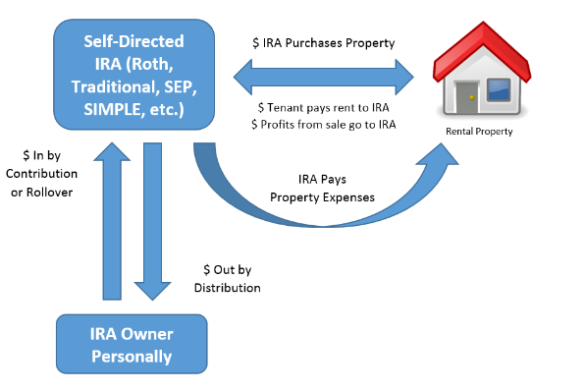 So, you’re thinking about getting a hot tub. That’s a solid idea. Sitting in warm water, relaxing your muscles, maybe under the stars — it’s kind of the dream, right? But before you go straight for the usual plug-in tub with all the buttons and bubbles, there’s something else you should know about: wood-fired hot tubs.
So, you’re thinking about getting a hot tub. That’s a solid idea. Sitting in warm water, relaxing your muscles, maybe under the stars — it’s kind of the dream, right? But before you go straight for the usual plug-in tub with all the buttons and bubbles, there’s something else you should know about: wood-fired hot tubs.
They might not have speakers or flashing lights, but they’ve got something better. They feel real. The kind of real that makes you slow down a bit and actually enjoy the moment.
What’s the Difference, Anyway?
A regular hot tub usually runs on electricity. You press a button, it starts to heat, and that’s it. But a wood-fired hot tub? It runs on fire. Literally. You light a small fire in a built-in stove, and that’s what heats the water. It takes a little more time and effort, but honestly, that’s kind of the point.
Instead of rushing to jump in, you’re involved in the whole process. You chop the wood (or grab some), light the fire, and check the temperature now and then. It’s not hard — it’s just simple. Old-school in the best way.
There’s also something super relaxing about sitting in water that was warmed by an actual fire. It’s not just warm — it feels more natural. A bit softer, almost. You’re not surrounded by buzzing machines or blinking lights. Just water, heat, and fresh air.
And if you’re looking for a good option that’s designed to last, these wood-fired hot tubs are worth checking out. They’re made for outdoor use and have that kind of solid build that looks nice without trying too hard.
You Don’t Need a Fancy Setup
One of the cool things about wood-fired tubs is that you don’t need a full spa setup or a giant patio to make it work. They’re actually pretty simple to install and don’t require electricity or a water hookup. You just fill them up, light the fire, and wait a bit for the magic to happen.
They’re perfect for backyards, cabins, or anywhere you want to chill without a bunch of tech getting in the way. And if you like the idea of being off-grid or just unplugging for a while, this fits right in with that.
Some people even use them year-round. Imagine sitting in one with snow all around you. Sounds wild, but it’s actually amazing. Your body’s warm, your face is cool, and everything just slows down for a bit.
It’s About the Whole Experience
Using a wood-fired tub isn’t just about the soak. It’s the whole process that makes it feel different. Lighting the fire, watching the smoke curl up into the sky, checking the water, waiting — it turns into this little routine you can actually enjoy.
It’s kind of like cooking something from scratch instead of microwaving it. There’s a rhythm to it. It gets you outside. It gives you space to breathe, even before you’re in the water.
And when you finally do get in, it’s quiet. No motors humming. No jets blasting. Just the sound of the fire crackling and maybe a breeze in the trees. It’s the kind of calm that sticks with you after you get out.
Is It Hard to Use?
Not really. Heating it up takes some time — around 2 to 3 hours depending on the tub and the weather — but once you’ve done it once, it’s no big deal. Plus, you can use that time to hang out, get some snacks ready, or just sit by the fire with a book.
There’s no complicated control panel or filters to deal with. Most wood-fired tubs are built to be low-maintenance. A good one will be easy to drain, easy to clean, and sturdy enough to handle all kinds of weather.
If anything, it actually feels less stressful than a regular hot tub. Fewer parts, fewer things that can break, and no surprise electric bills. Just you, the water, and a fire.
It’s Good for More Than Just Relaxing
Yeah, soaking in hot water feels amazing. That’s obvious. But there’s actually a bunch of wellness benefits too. It helps your muscles chill out, improves blood flow, and even helps you sleep better.
The heat is great for sore backs, tired legs, or just when your brain won’t turn off. And because wood-fired tubs are usually outdoors, you get that bonus of fresh air and nature — which is something screens and noise tend to drown out.
Even sitting in warm water for 20 minutes can lower your stress levels. It doesn’t fix everything, but it’s a pretty decent reset button after a long day.
If You’re Going to Invest in a Tub…
If you’re ready to spend the money and space on a hot tub, you might as well get one that gives you more than just heat and bubbles. A wood-fired tub gives you the experience. The moment. The calm.
You won’t be checking your phone or zoning out to TV while you’re in it. You’ll just be… there. And that’s kind of rare these days.
It’s not the high-tech option. It’s the better-feeling one. The one that actually helps you slow down and breathe.



